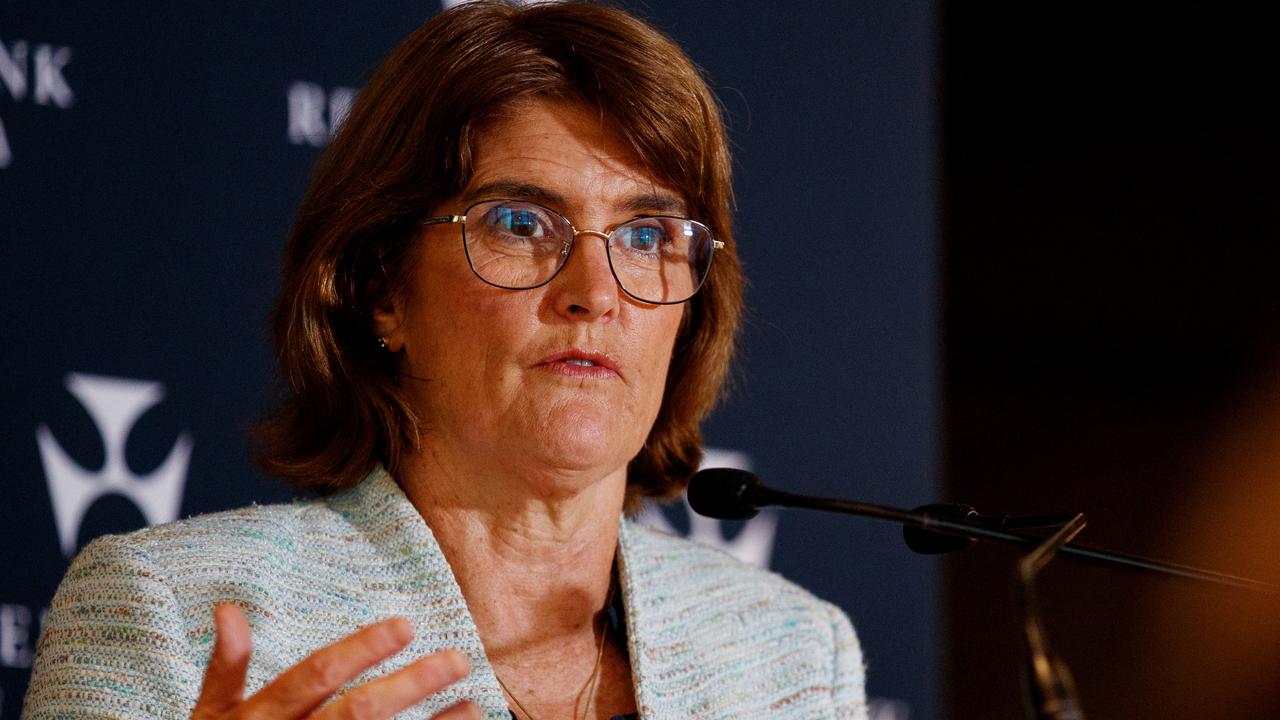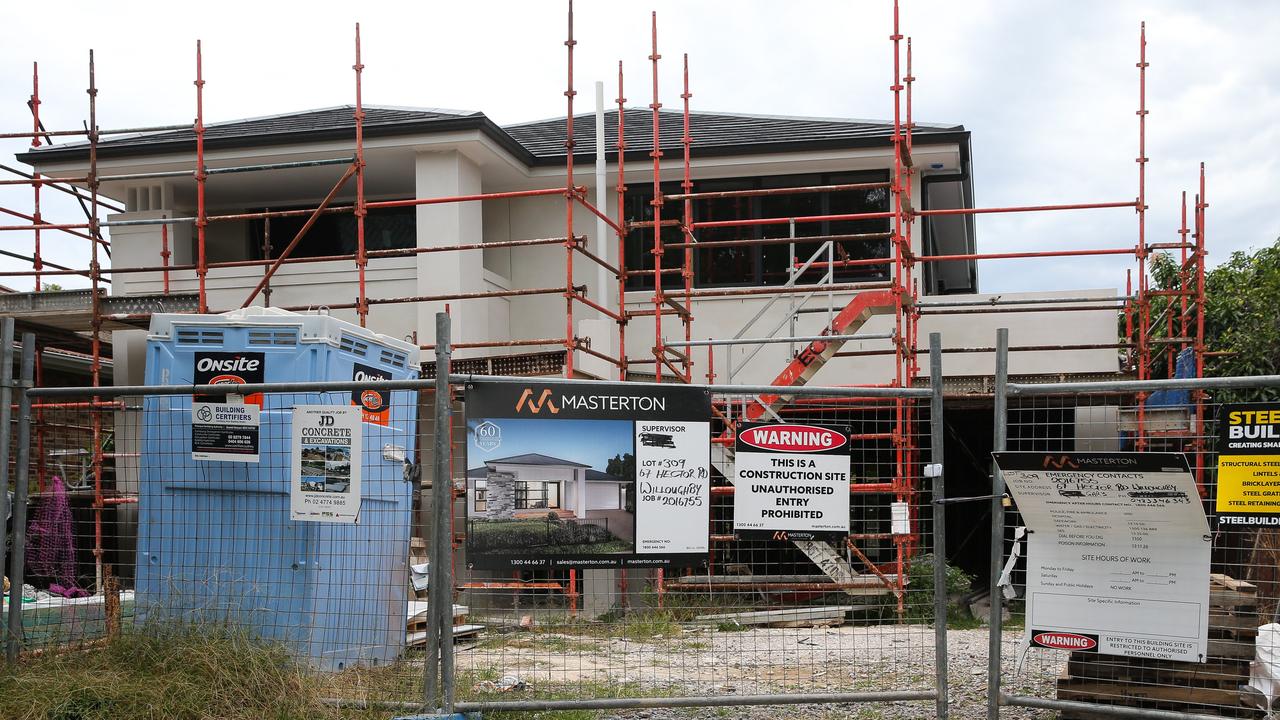Reserve Bank cautious on rate cuts - economists
THE Reserve Bank may be cautious about how quickly it cuts official interest rates in the future, because inflation still has a long way to fall, economists say.
THE Reserve Bank may be cautious about how quickly it cuts official interest rates in the future, because inflation still has a long way to fall, economists say.
"The tone of the statement was hawkish for rates," National Australia Bank economist Spiros Papadopoulos said in a client note.
"Inflation needs to fall a long way.
"They have opted for a gradual inflation reduction over a longer period rather than a quicker fall."
Mr Papadopoulos said the conclusion is that the RBA will be cautious in its easing cycle.
"We still expect a 25 basis point cuts in October but then a pause before resuming to ease further in 2009."
RBA governor Glenn Stevens today told a House of Representatives Economics Committee in Melbourne today that corporate profitability remains strong and business investment intentions are "remarkable", despite signs the economy is showing.
Mr Stevens also said it would be six months before Australia would see clear signs that inflation is beginning to fall.
The RBA sees annual consumer price index inflation peaking in the September quarter of about 5 per cent, and being similar in the December quarter.
It then sees CPI inflation thereafter starting to fall back during 2009 and continuing into 2010.
RBC Capital Markets senior economist Su-Lin Ong said Mr Stevens' testimony was consistent with scope for further cuts, but in a cautious manner.
"Today's testimony leaves us reasonably comfortable with our base case scenario for another 75 basis points of easing over the coming quarters, taking the cash rate to the top of a neutral 5.25-6.25 per cent range by mid 2009," Ms Ong said.
"We expect another 25 basis points cut in the coming months, most likely October, effectively reversing most of the market-induced tightening, but then suspect that the RBA may wait until early 2009 before easing again.
"In part, this reflects a degree of uncertainty over a multitude of factors - both domestic and international - and how they evolve over the coming months."



